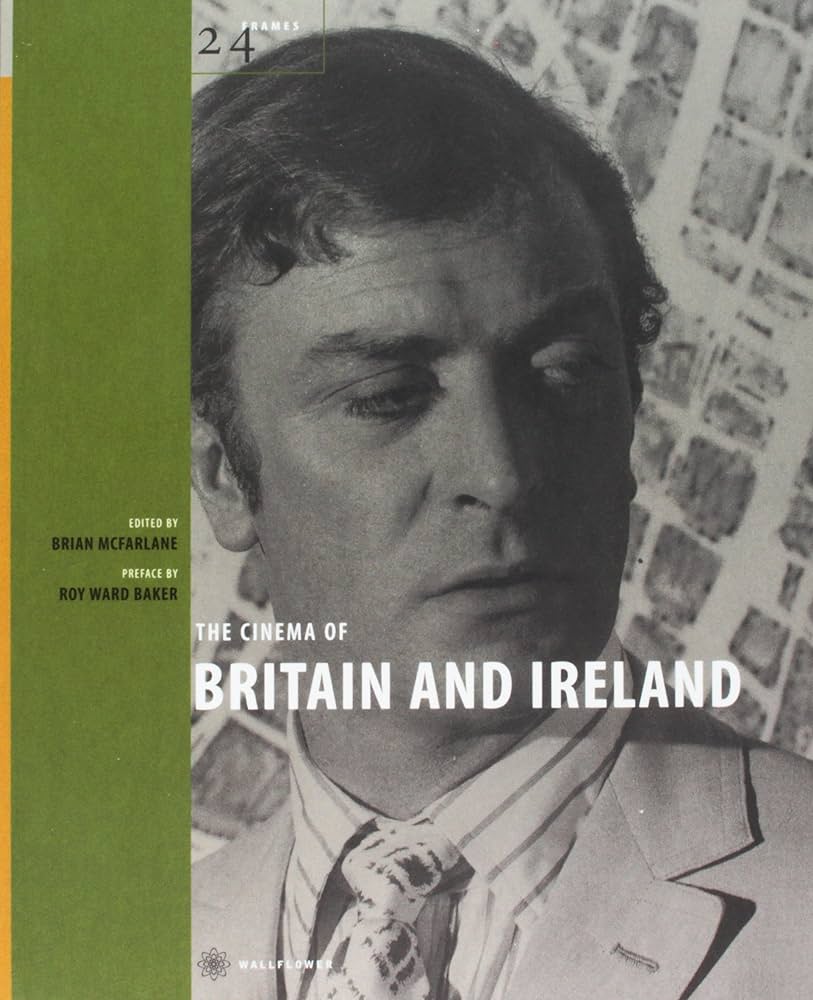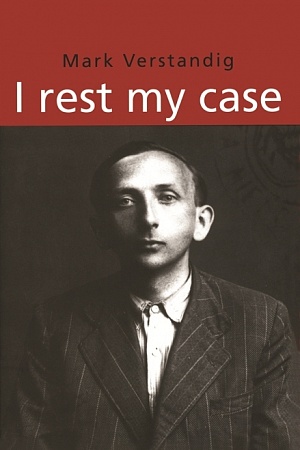The Cinema of Britain and Ireland
Wallflower, $44.95 pb, 301 pp
Standing the test
Robert Murphy, in his contribution to this collection of essays on The Cinema of Britain and Ireland, focuses on a little-seen example of the ‘British noir tradition’, Robert Hamer’s The Long Memory (1952). Murphy makes a convincing case for The Long Memory, placing it in the frame with other, better-known contributions to the genre such as John Boulting’s Brighton Rock (1947), Hamer’s own, earlier It Never Rains on Sundays (1947) and, best known of all, Carol Reed’s The Third Man (1949). The Long Memory, Murphy concludes, is ‘a good example of the invisibility of British cinema’, and in that striking phrase he seems to imply that the fate of forgotten or neglected British films such as The Long Memory is to be doubly invisible, relegated to an also-ran position within a national cinema that has itself been unfairly relegated over the years.
The ‘invisibility of British cinema’ may seem an odd way of putting it, when a film such as The Third Man appears on most film buffs’ lists of the top fifty or one hundred films ever made, British or otherwise, and so can hardly be described as invisible. But The Third Man, notwithstanding its provenance, is more about internationalism and statelessness than it is about Britain, thus neatly slipping out from under the rule that has it that Britishness itself is the cinematic problem. It’s a rule that was subscribed to by Satyajit Ray, who is quoted by Brian McFarlane in his introduction. The British, observed Ray in passing, are not ‘temperamentally equipped to make the best use of the movie camera’. Other luminaries have been even more scathing. McFarlane again quotes the foreign competition, this time in the form of François Truffaut’s ‘silly aphorism’ regarding the ‘incompatibility’ of cinema and Britain. And Wendy Everett, in her essay on Terence Davies’ Distant Voices, Still Lives (1988), relays Jean-Luc Godard’s pompous put-down: ‘The British never were very gifted filmmakers’ (Godard excepting Davies alone from the comprehensive sweep of his dismissal).
Continue reading for only $10 per month. Subscribe and gain full access to Australian Book Review. Already a subscriber? Sign in. If you need assistance, feel free to contact us.









![Susan Sheridan reviews ‘Joan Lindsay: The hidden life of the woman who wrote Picnic at Hanging Rock’ by Brenda Niall Joan and Daryl Lindsay at Mulberry Hill (National Trust of Australia [Victoria}, Mulberry Hill [MH4098], courtesy of Text Publishing)](/images/raxo_thumbs/tb-w300-h450-crop-int-2431e1ea35788b1963a98d8d66bf13a5-img.jpg)




Leave a comment
If you are an ABR subscriber, you will need to sign in to post a comment.
If you have forgotten your sign in details, or if you receive an error message when trying to submit your comment, please email your comment (and the name of the article to which it relates) to ABR Comments. We will review your comment and, subject to approval, we will post it under your name.
Please note that all comments must be approved by ABR and comply with our Terms & Conditions.